This website uses cookies to improve user experience. By clicking “Accept All”, you agree to the storing of cookies on your device to enhance site navigation, measure site performance and show you personalized advertising. You can manage individual cookies preferences or withdraw your consent at any moment by clicking on the link .
Living with SPIGFD
To get Luca here….


To get Luca here….
…he may need an early
and accurate diagnosis here

How can short stature affect everyday life?
The impact of short stature on a child’s emotional well-being can be less obvious than the diagnosis itself, but just as important.12
Children with short stature may find school and other social situations difficult to handle. Low self-esteem and poor body image are also common.13
How can you help your child feel better about their body?14,15
- Invest in their self-esteem; encourage them to plan goals and challenges to boost their confidence and self-worth.
- Remind them that height is not linked to ability—they may be shorter than their friends, but perhaps they are great at drawing or playing an instrument.
- Encourage teenagers to build a strong offline social network so they are surrounded by friends who love them for who they are.
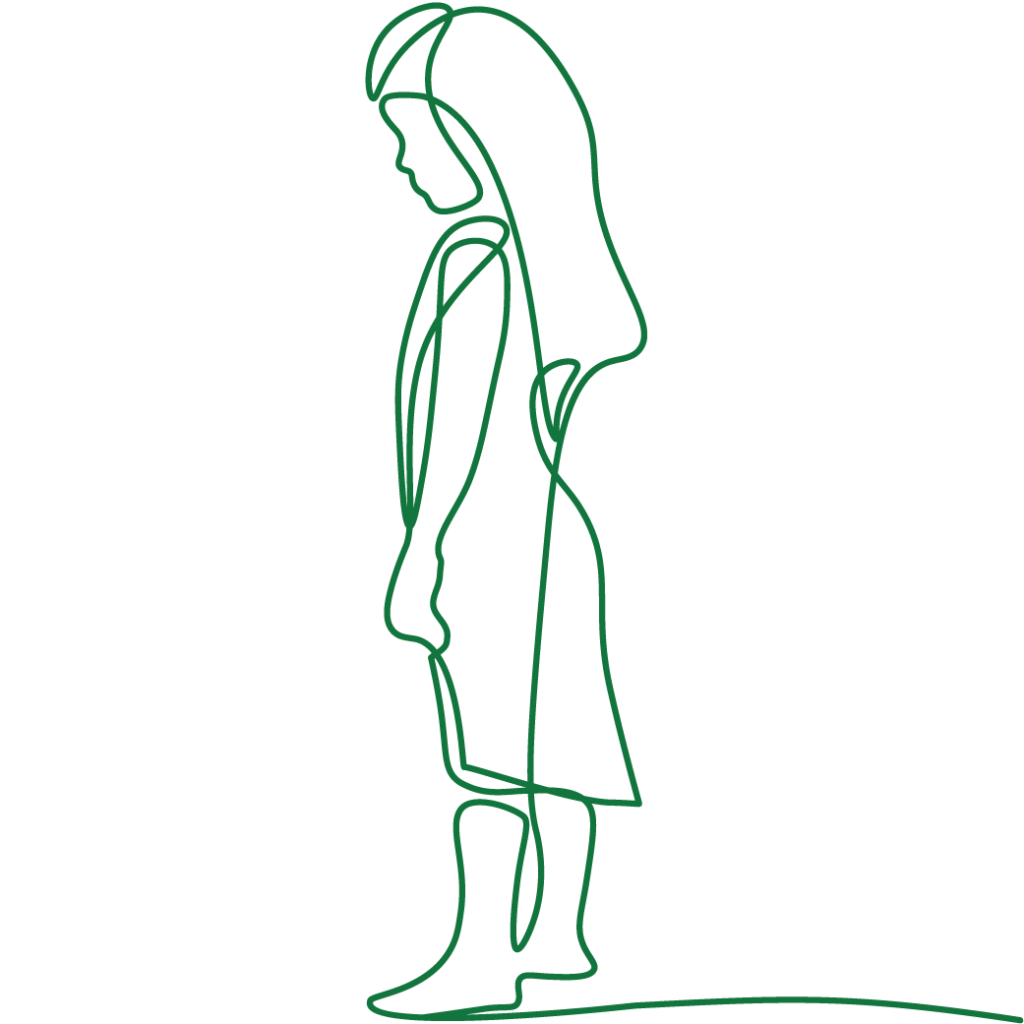
Bullying
Children with short stature may become a target for bullying, be constantly teased or excluded from friend groups and feel socially isolated.16
Bullying can start at a young age.17 Children don’t always want to tell their parents or teachers that they are being bullied,17 but it can cause significant problems for their education and social life. 13
How can you help your child with bullying?18
- Praise your child if they confide in you that they are being bullied.
- Explain that it is not their fault—bullying is never acceptable.
- Help them to identify who the safe or trusted adults are to speak to if it happens again.
- If possible, help them to avoid the place where the bullying happened, and report the behaviour.
Psychology, emotions, and behaviour
Unhappiness experienced due to being shorter than their friends can lead to psychological issues.19 Sometimes, children struggle to share their concerns and internalize them.16
Emotional distress can result from the frustration of being treated as if they are younger than they are and constantly underestimated by teachers or other adults.
Children of short stature can also have higher levels of behavioural problems than those of average height.16
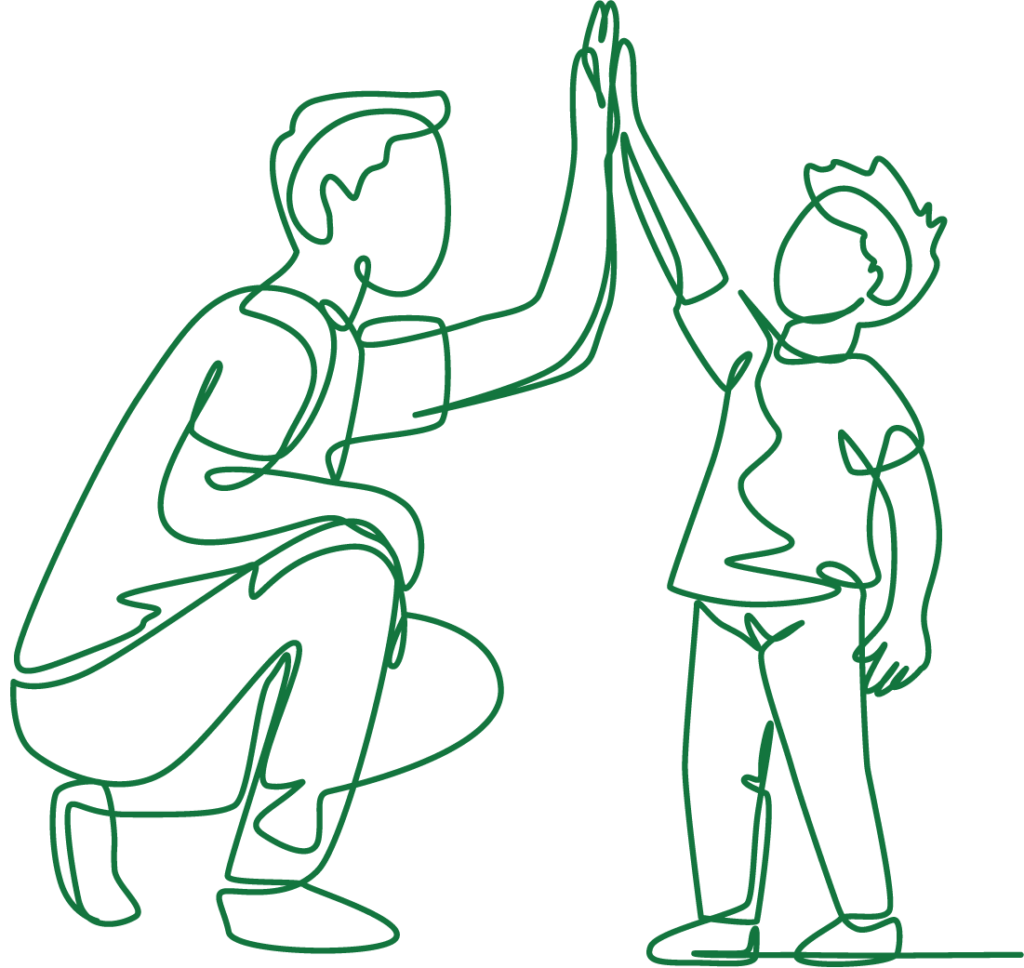
How can you help your child cope with anxiety or emotional distress? 20
- Try to understand how your child is feeling, ask simple questions, or, especially for younger children, use emojis for them to point to—sad, angry, embarrassed, etc.
- Listen without interrupting, so that your child feels heard.
- Create a simple plan to help them cope when they feel upset. It might be doing some star jumps, or practicing controlled breathing by counting to 5 very slowly with their in and out breaths.
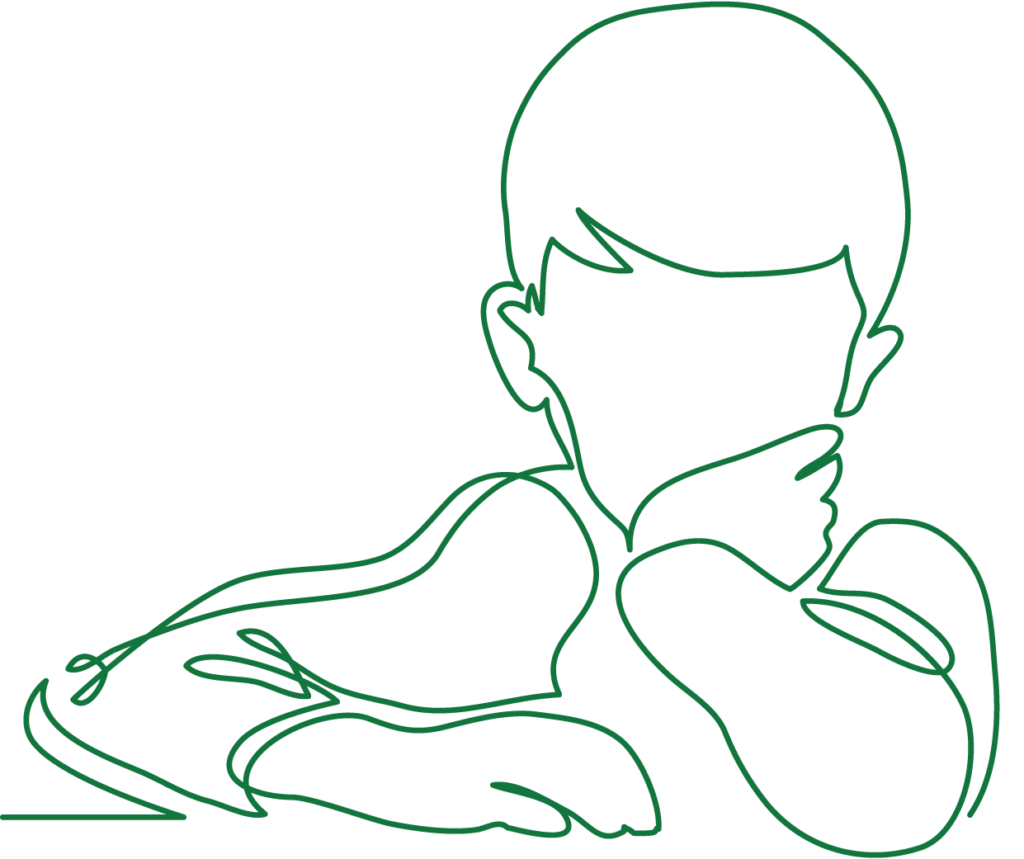
How can you overcome bad behaviour, or reward good behaviour? 21,22
- Try to stay calm no matter how upset or frustrated your child’s behaviour makes you feel.
- When a child’s behaviour is generally challenging, it’s easy to overlook the times when they behave well! Be sure to praise them when they have done something good, or give them a hug.
- A reward chart can be a good tool for encouraging and praising good behaviour. Make sure that the good behaviour happens first, so the sticker, star or whatever you use is not a bribe.
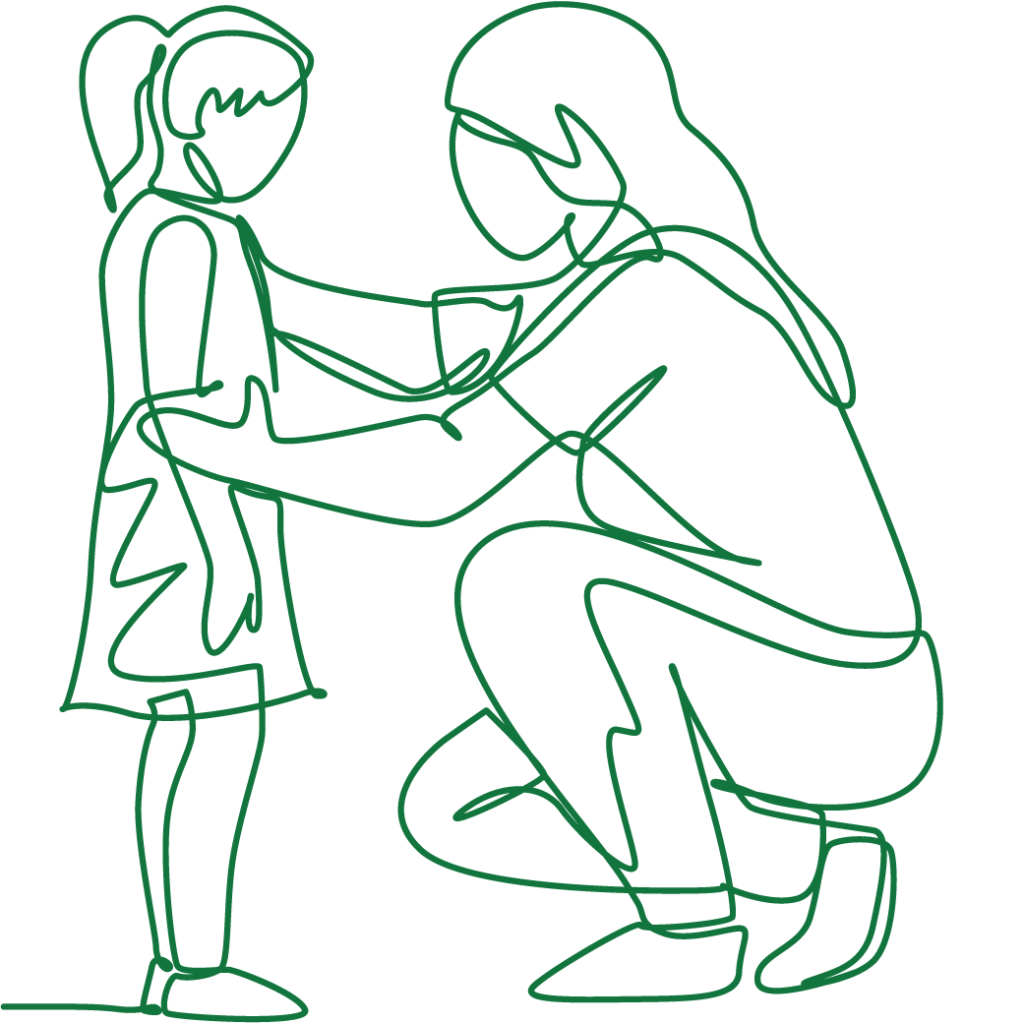
Helping your child with their social skills23,29
- Children can sometimes be unkind to each other. Teasing can hurt and it’s upsetting if your child’s friends exclude them. Try to support your child to help them to stay positive.
- Encourage them to make new friends by being a good friend to others. Advise them to be friendly and helpful with other children and a new friendship may happen.
- Being active or creative, learning new things and being part of a team can help children connect with others. Encourage your child to explore their interests, whatever they are.

Practical difficulties and educational needs
It’s important to remember that short stature is not just a cosmetic issue. In everyday life, children with short stature are likely to face practical difficulties due to their height, whether it’s being unable to reach an object on a shelf or not having a good view of the whiteboard in the classroom.13
It may not be possible for children of short stature to join in sports or other recreational activities that their friends enjoy, such as going to amusement parks.13
The physical effects of short stature, such as struggling to see the whiteboard in the classroom, may make it more difficult for your child both in school and socially.13
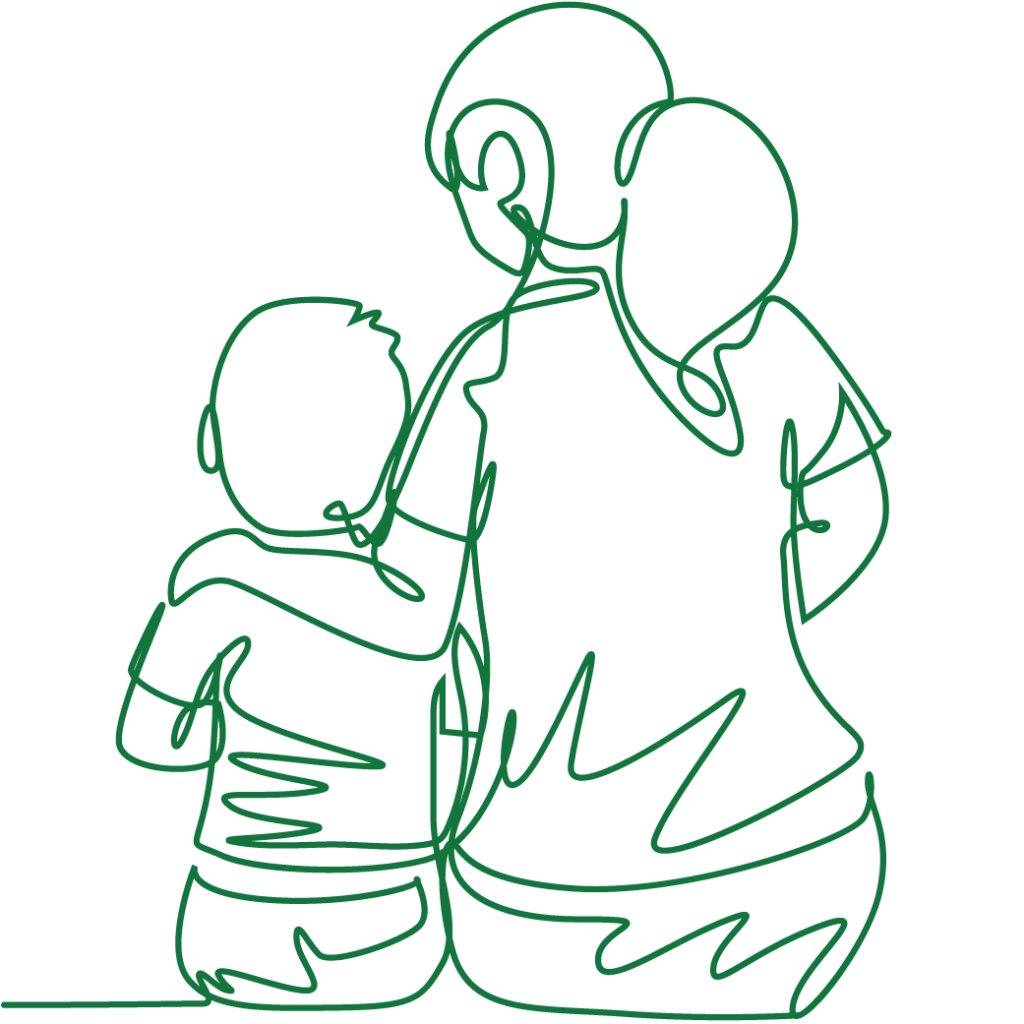
If there have been difficulties with school performance, children of short stature are more likely to be asked to repeat a school year than their friends of average height, meaning their school life may be longer.24
Research has also suggested that short stature may cause your child to struggle to remember information or maintain focus on a task.25
How can you help your child with additional educational needs?
- Make sure the school is aware of any difficulties that your child’s short stature creates for them. The school should have a policy designed to help every child get the most from their education.
- You may need to make practical requests for your child, such as a desk closer to the front of the class to ensure they can see the white board, or a locker that is not too high up.
- Let the school know which sporting activities your child may struggle with, while recognizing the value of exercise and being part of a team.

The effect of SPIGFD on loved ones
Having a child with short stature can affect each member of the household. It can raise stress and anxiety levels, irrespective of the diagnosis or degree to which their height is below average.13
Everyone involved may need to adapt routines within their daily life to accommodate the child’s special needs. Caring for a child of short stature can change the dynamics of the parent-child relationship. An increase in stress can affect parents’ quality of life.13 Parents can feel helpless and become sensitive about other people’s reactions to their child’s appearance.

How can you help?
Parental support plays an important role —alerting healthcare professionals to a potential problem, leading to early recognition of a growth disorder.3
Parents are more likely to report psychological concerns than the child, as they may have a greater awareness of the child’s existing and future physical limitations.16


Social difficulties
Children of short stature can find social interactions more challenging than children of average height, and this can sometimes lead to them becoming socially withdrawn.13
Certain sporting and leisure activities may be difficult for children of short stature to take part in, which could further limit the possibilities of social interaction with friends.12
If there are difficulties with school performance, it’s possible that an academic year would need to be repeated.